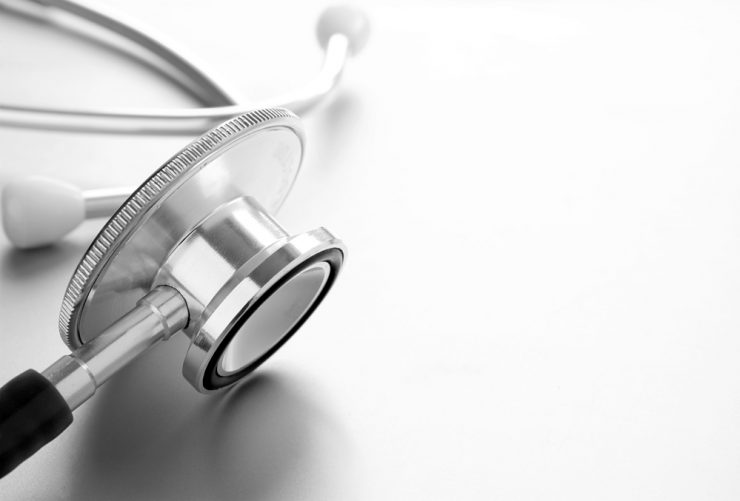The bacteria called leptsospira causes the disease known as leptospirosis which transmits to the humans via urine of cattle, foxes, rats, rodents as well as wild animals. This normally happens when a person comes into contact with water or soil that has been contaminated with the infectious urines of the above mentioned living beings.
The two types of bacteria which cause this condition are:
Leptospira hardjo present in the cattle and
Leptospira cterohaemorrhagiae which is found in rats.
The cuts on the skin as well as mouth, nose and mucous membranes act as gateways for the entry of these bacteria on to the human body. In normal cases, the infection results in very severe headaches or mild flu like states. But very severe forms of the disease, known as Weil’s disease, results in liver damage as well as jaundice.
Symptoms
The incubation period for the infection is about seven to twelve days. In cases of mild infection, the symptoms will be very low that the person may not notice them. But in severe cases, the symptoms appear suddenly. These include:
- Chills
- Fever
- Headaches
- Severe tenderness of the muscles
- Severe aching of the muscles
- The eyes develop redness
- Appetite loss
- Vomiting and
- In certain cases, skin rashes will also be there.
In very rare cases, the kidney, liver, muscles of the heart as well as the linings of the brain or the meninges will also be affected. Persons who develop heart failures, meningitis or jaundice should go for immediate consultation.
Other symptoms associated with this condition are:
- Joint pains
- Diarrhoea
- Bone pain
- Sore throat
- Cough
- Splenomegaly or the spleen becoming enlarged.
- Lymphadenopathy or enlargement of the lymph nodes
- Hepatomegaly or enlargement of liver.
- Irregularities in heart beats as well as
- Internal bleeding.
Treatment
Antibiotics like streptomycin, tetracycline, penicillin or erythromycin is administered in those who are suffering from Leptospirosis. Theses antibiotics will be effective if the course of the antibiotics range from 4 – 7 days. That is why the diagnosis is performed on the clinical signs as well as the history of the patient.
If any damage to any of the organ has happened, then antibiotics will not be so effective. These may not even be advised. This is because if antibiotics are administered it may release highly toxic substances from the bacteria which are dying or that are dead. This will lead to a very severe reaction which is known by the name Jarisch-Herxheimer reaction. The symptoms which will characterise the presence of the Jarisch-Herxheimer reaction in a person will be:
- Headaches
- Chills as well as
- Pain in the muscles.
Prevention
The person must avoid the aquatic environments which could have been contaminate with the urine of cattle, rats, rodents or other wild animals which may have been infected.
A person who is involved in veterinary work or farm work should use protective clothing. A person who is caving enthusiast or a water sports enthusiast must also wear clothing which is protective. A doctor must be consulted if any symptoms appears.













